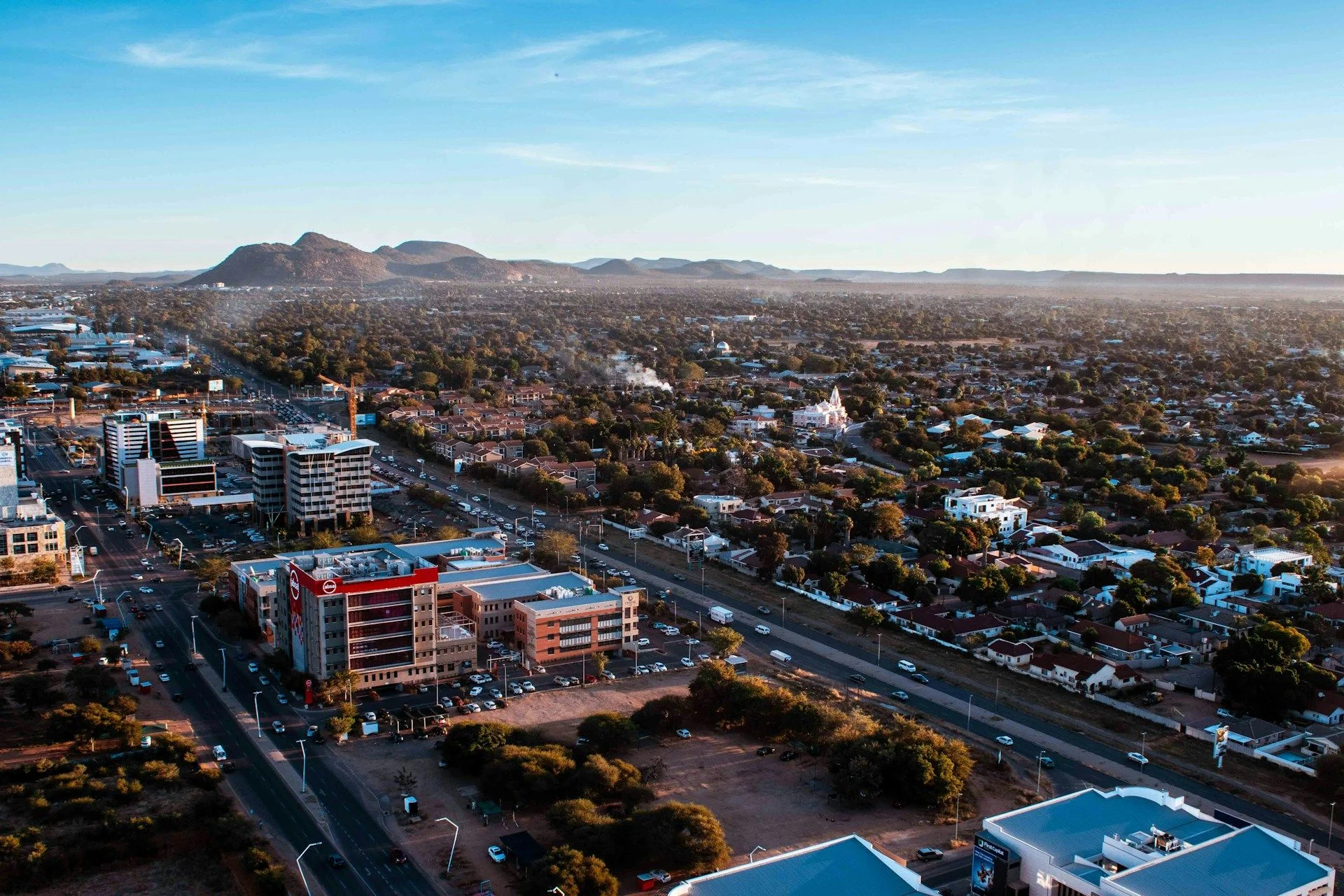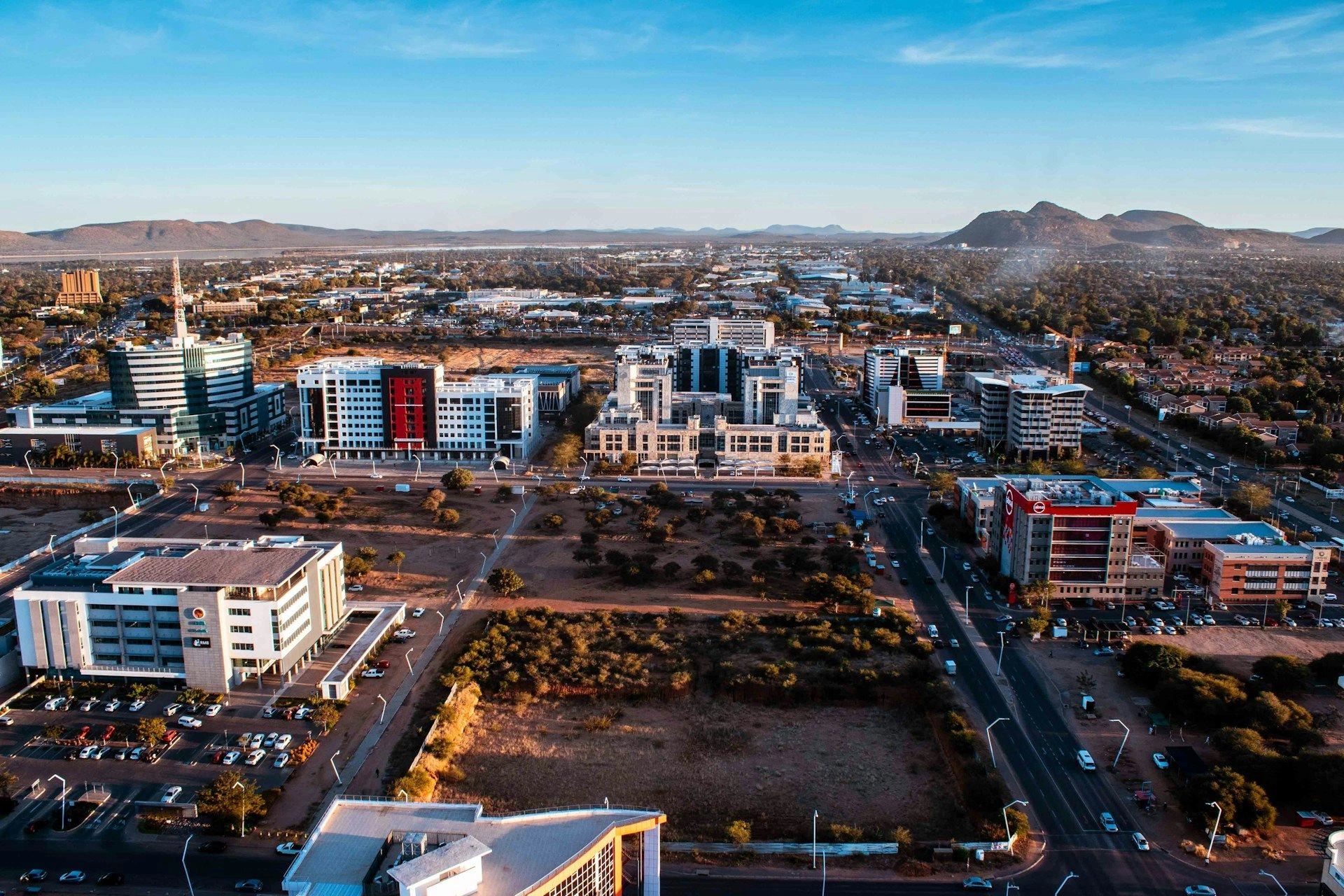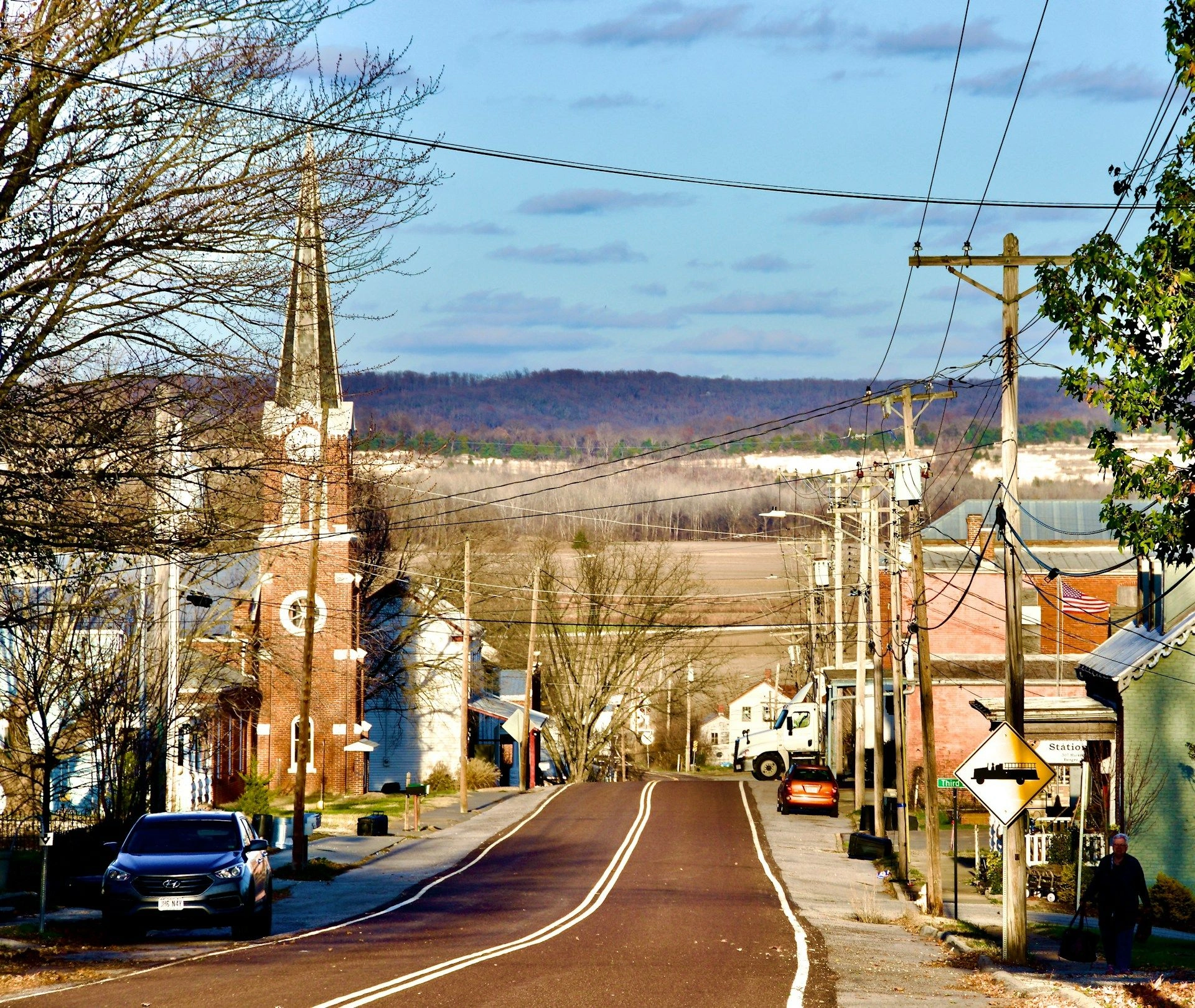Secondary Real Estate Listings in BotswanaImmediate occupancy, transparent pricing

Popular
cities and regions in Botswana
Best offers
in Botswana
Secondary real estate in Botswana
Stock Layering
Botswana resale pricing benefits from repeated urban and peri-urban housing types, allowing buyers to rely on comparables and maintain value expectations across established residential segments and stock layers
Demand Clarity
Mix of local households, relocating families, and long-term owners supports steady buyer activity, while negotiations stay clearer when format, condition, and land tenure are aligned within each resale segment
Execution Flow
Secondary purchases in Botswana follow structured verification and documentation sequences, helping buyers align steps early and manage timing predictably without last-minute adjustments
Stock Layering
Botswana resale pricing benefits from repeated urban and peri-urban housing types, allowing buyers to rely on comparables and maintain value expectations across established residential segments and stock layers
Demand Clarity
Mix of local households, relocating families, and long-term owners supports steady buyer activity, while negotiations stay clearer when format, condition, and land tenure are aligned within each resale segment
Execution Flow
Secondary purchases in Botswana follow structured verification and documentation sequences, helping buyers align steps early and manage timing predictably without last-minute adjustments
Useful articles
and recommendations from experts
Secondary real estate in Botswana - Comparables work best when formats stay truly like-for-like
Why the secondary market works in Botswana
The secondary housing market in Botswana functions as the primary channel for buyers accessing established urban and peri-urban properties. Resale is central because new construction is concentrated and not uniform across regions.
Housing stock ranges from traditional single-family homes to small apartment blocks and mixed-use residential structures. These repeated formats support reliable comparables and pricing visibility.
Many buyers start searches such as real estate in Botswana, then focus on resale once completed transaction data provides clear value references.
Resale activity reallocates housing between households and long-term owners rather than relying on constant new development.
At a market level, Botswana maintains steady secondary turnover supported by consistent demand and familiar transaction practices.
Who buys on the secondary market in Botswana
Buyer demand in Botswana is led by local households seeking long-term residence, who value established neighborhoods and predictable housing formats.
Domestic relocations for work or family reasons also contribute to resale demand. Resale allows immediate access without waiting for new supply.
Some buyers view real estate as a practical investment rather than a short-term trade, emphasizing clarity in documentation and condition.
A smaller segment focuses on value alignment through measured upgrades that match market standards within the same housing type.
Overall, demand supports consistent resale activity rather than rapid speculative cycles.
Property types and price logic in Botswana
Secondary supply includes single-family homes, small apartment blocks, and mixed-use developments. Resale apartments in Botswana are most comparable where layouts and tenure structures are repeated.
Pricing logic relies on like-for-like comparison within the same format, size range, and condition baseline.
The assumption that all real estate can be compared together reduces accuracy. Clear alignment comes from narrowing the comparison set.
Condition influences pricing within defined bands. Original, refreshed, and upgraded units trade in separate ranges.
Buyers planning to buy apartment on the secondary market in Botswana benefit from defining format and baseline before setting expectations.
Legal clarity in secondary purchases in Botswana
Legal clarity in Botswana resale transactions is built around standard verification steps designed to keep execution predictable.
Buyers typically confirm ownership through a title record or ownership extract, followed by encumbrance checks and registered occupants checks where applicable.
Property boundaries and land tenure are verified using aligned documentation rather than assumptions.
When documents are inconsistent, the correct approach is to pause and clarify. This avoids delays and mismatched records.
Most resale property in Botswana benefits from established documentation sequences when verification is handled early.
Areas and market segmentation in Botswana
Botswana's housing market can be understood through broad urban, peri-urban, and rural layers rather than micro locations. Central urban zones show denser, repeated formats, while peri-urban areas include varied housing types.
In central urban layers, comparables are stronger due to repeated formats and frequent transactions.
In outer areas, buyers benefit from stricter like-for-like comparison and attention to land tenure.
The phrase real estate close to me is useful for locating supply, but effective resale decisions rely on structure rather than urgency.
Across layers, resale stability depends on matching format, condition, and tenure baseline.
Secondary vs new build comparison in Botswana
New construction in Botswana is selective and location-specific. Secondary housing remains the primary source of choice in most established zones.
Resale provides clearer pricing references because completed transactions provide usable comparables.
Some buyers search for the best real estate expecting new supply to simplify selection, but resale offers stronger clarity and value alignment.
Resale property in Botswana allows buyers to evaluate actual condition and confirm documentation before commitment.
Choosing between new and secondary depends on which path offers clearer verification and pricing logic.
How VelesClub Int. helps with secondary purchases in Botswana
After understanding the market, buyers can move from analysis to browsing secondary listings on VelesClub Int. with clearer comparison criteria.
Secondary listings on VelesClub Int. include owner-submitted secondary listings alongside other resale options, reflecting how the Botswana resale market operates.
VelesClub Int. supports structured comparison by tier and format, helping buyers keep selections like-for-like while following aligned dossier steps.
Standard control points help reduce rework, avoid delays, and keep transaction timing predictable.
Frequently asked questions about secondary real estate in Botswana
How should I compare resale properties in Botswana?
Verify that format, size, and condition baseline match, then confirm recent comparables. Pause and clarify if categories differ to avoid rework.
What documents should I verify first when buying resale in Botswana?
Confirm ownership through a title record or ownership extract, then check encumbrances and occupant status. Align documents early to avoid delays.
How does location type affect resale pricing?
Urban, peri-urban, and rural properties trade under different baselines, so avoid mixing types without adjustment.
Is resale suitable for long-term ownership in Botswana?
Yes, when the format and demand segment match long-term needs. Verify documentation and pause and clarify if terms change.
How do searches like real estate in the city help?
They help locate supply, but buyers should narrow quickly to comparable formats to avoid mismatched expectations.
What does new real estate listings today indicate?
It signals activity, but resale decisions should rely on completed transactions and aligned documentation rather than listing volume.
Conclusion - understanding the secondary market in Botswana
The secondary housing market in Botswana works because it is built on layered stock, steady buyer demand, and structured verification processes.
By keeping comparisons like-for-like and treating checks as normal control points, buyers avoid rework and delays.
With VelesClub Int., buyers can browse secondary listings, including owner listings, using a structured approach that turns market understanding into confident action.



